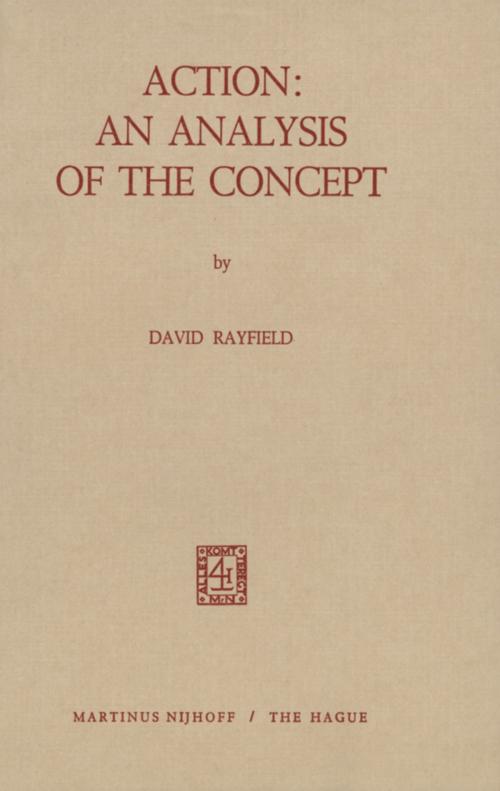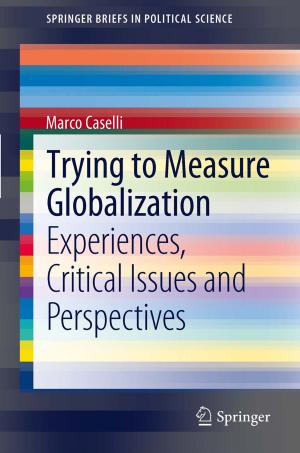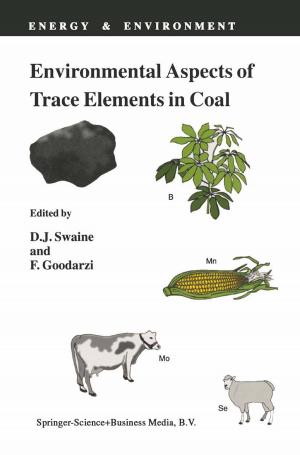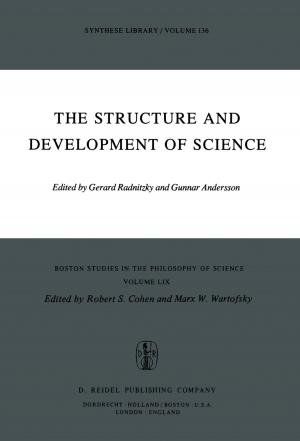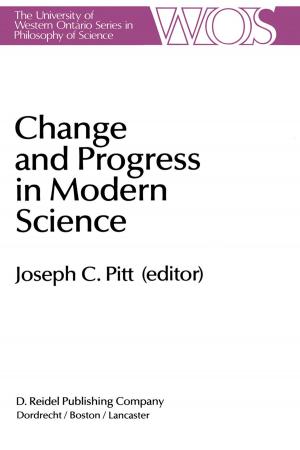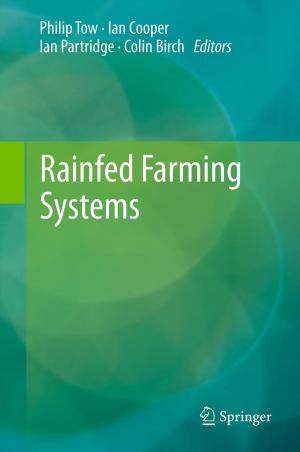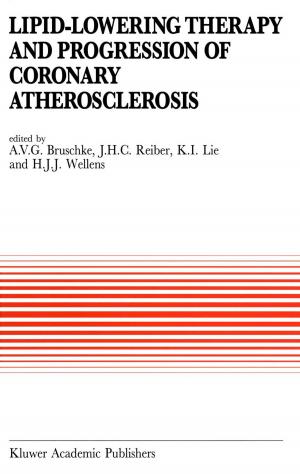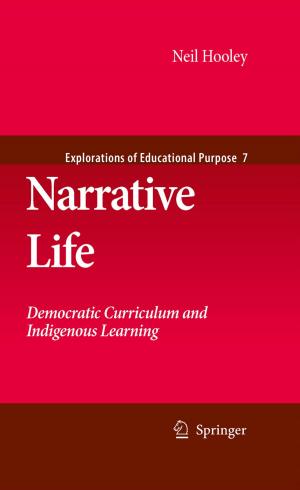| Author: | D. Rayfield | ISBN: | 9789401028073 |
| Publisher: | Springer Netherlands | Publication: | December 6, 2012 |
| Imprint: | Springer | Language: | English |
| Author: | D. Rayfield |
| ISBN: | 9789401028073 |
| Publisher: | Springer Netherlands |
| Publication: | December 6, 2012 |
| Imprint: | Springer |
| Language: | English |
During the past decade, there has been considerable interest among philosophers in providing a philosophically satisfactory and helpful ana lysis of a particular type of human behavior called action. As I see it, this interest is a renewal of the efforts of Aristotle, in Ethica Nicomachea, to provide an analysis of voluntary action. Because of this, and because Aristotle's distinctions regarding voluntriety are fundamentally correct, what follows is in some ways a discussion in praise of Aristotle. But I have also argued for an analysis of action which will go some way toward withstanding criticism which can be brought against Aristotle's work as well as criticism which can be brought against the more con temporary efforts of others in the same subject. In Chapter Two, I argue for four conditions which are, when met, jointly necessary and sufficient for a particular item of human behavior on a particular occasion to qualify as a human action. The analysis does not allow us to determine that a particular kind of behavior, such as killing, is always an action.
During the past decade, there has been considerable interest among philosophers in providing a philosophically satisfactory and helpful ana lysis of a particular type of human behavior called action. As I see it, this interest is a renewal of the efforts of Aristotle, in Ethica Nicomachea, to provide an analysis of voluntary action. Because of this, and because Aristotle's distinctions regarding voluntriety are fundamentally correct, what follows is in some ways a discussion in praise of Aristotle. But I have also argued for an analysis of action which will go some way toward withstanding criticism which can be brought against Aristotle's work as well as criticism which can be brought against the more con temporary efforts of others in the same subject. In Chapter Two, I argue for four conditions which are, when met, jointly necessary and sufficient for a particular item of human behavior on a particular occasion to qualify as a human action. The analysis does not allow us to determine that a particular kind of behavior, such as killing, is always an action.
